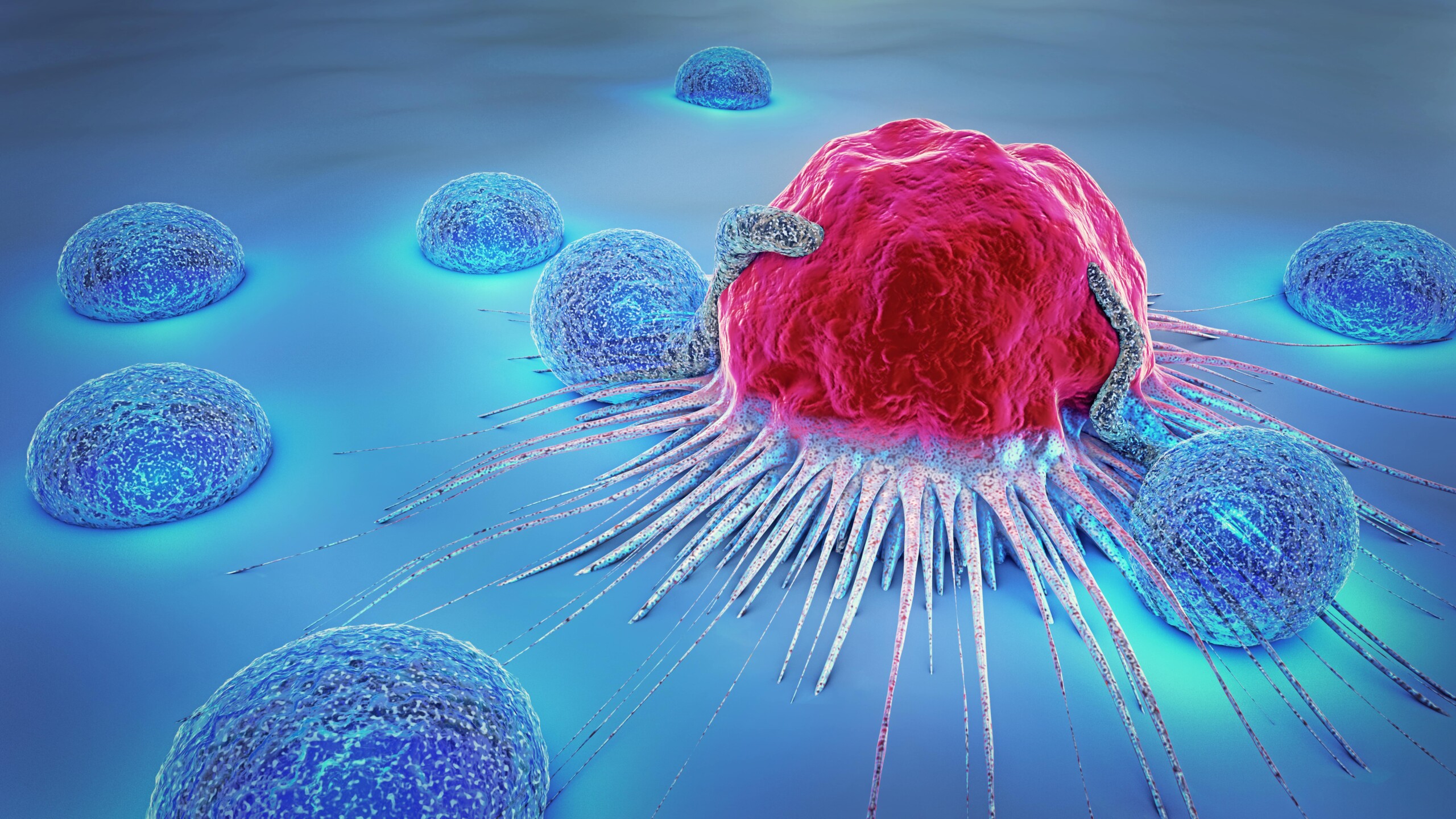It can be difficult to know where or how to start after receiving a cancer diagnosis, but in most cases, the first step will always be deciphering what stage your cancer is at. The course of your treatment and the options available to you will depend on your cancer’s progression. Staging helps oncologists determine the optimal balance between curative and alleviating care, minimizing unnecessary interventions for patients in advanced stages of the disease while maximizing radiation and chemotherapy for those whose cancer is still in the early stages.
What Are the Stages of Cancer?
Stage 0. Stage 0 is often called “in situ” or “in place.” This means that the cancer cells are confined to their original location and have yet to invade nearby tissues and lymph nodes (or your body’s immune cells). In other words, the at-risk cells haven’t become fully cancerous yet. Because this is only the initial stage, stage 0 is highly curable. With surgery, you can remove the cells before it develops.
Stage I. Also known as “early cancer.” In this stage, while the tumor has begun to spread, it is small and localized, usually limited to the tissue where it started. It hasn’t reached nearby lymph nodes or distant organs yet. Treatments for stage I often involve surgical removal of the tumor, with radiation or chemotherapy only being utilized in rare cases. The outcomes for stage I cancers are generally excellent, with high survival rates.
Stage II. While cancer at this stage is more advanced than Stage I, it’s still considered treatable due to being mostly confined to its primary site of origin. Tumors in stage II cancer may be larger in size or show evidence of invading nearby lymph nodes. The primary treatment goal is often to eliminate the cancer completely, which can include either surgery, radiation therapy or chemotherapy.
Stage III. Cancer in this stage has often grown significantly, starting to affect nearby tissues and lymph nodes (otherwise known as immune system cells). Treatment options become more aggressive, often combining surgery, radiation and chemotherapy to remove and kill the cancer cells in equal capacity.
Stage IV. At stage IV, the cancer has metastasized, spreading to other parts of your body and impacting your organs. Because of how advanced the cancer is at this stage, it often can’t be cured. Because of this, treatment aims to control the disease and alleviate symptoms to prolong your life. Your oncologist will usually prioritize palliative care over curative options, focusing on improving your quality of life, managing pain and providing emotional support.
Patients with stage IV cancer may also be eligible for immunotherapy, which can help your immune system recognize and attack cancer cells within your body. Although the outcomes for stage IV cancer are generally less favorable in terms of a cure, advances in treatment have improved survival rates for many patients.
How Is Cancer Diagnosed and Treated?
The most commonly used staging system is the TNM system , which stands for Tumor, Nodes and Metastasis. It involves assessing the development of the tumor and determining whether it has spread to any nearby lymph nodes, enabling your oncologist to adjust their treatment plan accordingly.
TNM can also allow them to restage your cancer if the tumor has shrunk. Cancer staging can often change as treatment continues. If the tumor shrinks significantly or disappears, the stage may be downgraded. Conversely, if the cancer progresses, the stage may be upgraded.
Receive Compassionate Care From Cancer Experts in Roseburg, OR
Getting a cancer diagnosis can be overwhelming for patients, regardless of what stage their disease is at. At the Community Cancer Center, we’re ready to support you through every step of the process. As a cutting-edge cancer center in Roseburg, Oregon, our experienced team will give you dedicated, personalized care to address your diagnosis while minimizing disruptions to your everyday life.
We’ll help you manage your cancer diagnosis by providing thorough treatment, including advanced radiation therapy as well as emotional support through our Patient Liaison program and our cancer support group. Call us at (541) 673-2267 or explore our wealth of patient resources to learn more about how we can assist.
